An Garda Síochána
An Garda Síochána is available to help and support anyone who is a victim of domestic or sexual violence. If you are subjected to this kind of violence or abuse, or if you know someone who is, you should contact your local Garda station, or in an emergency call 999/112.
Domestic Violence
An Garda Síochána continues to attach the highest priority to domestic abuse incidents, including through ‘Operation Faoiseamh’, a proactive initiative designed to ensure victims of domestic abuse are supported and protected. Domestic abuse incidents, including coercive control, will continue to receive highest priority response for service by gardaí.
Increasing numbers of gardai are on our streets and in our communities and they are ready to assist and protect victims of domestic abuse.
For information, support and resources in relation to domestic violence please go to the following page on the An Garda Síochána website.
Sexual Violence
An Garda Síochána recognises the emotional and physical pain that victims of sexual crime and child abuse may be suffering. This suffering can often be to such an extent that victims feels that they cannot report the crime. An Garda Síochána acknowledge this difficulty for victims, but encourage all victims of sexual crime and child abuse to make a complaint to An Garda Síochána to ensure that, where possible, the perpetrator is made accountable.
If you are thinking about reporting sexual violence, you can be assured that it is the duty of An Garda Síochána to investigate fully all reports of sexual crime and child abuse, without exception. Your report will be treated seriously. Gardaí are trained to investigate your report in a compassionate, sensitive and professional manner. Every effort will be made to have a Garda of the gender of your choice
allocated to the investigation.
For information, support and resources in relation to sexual violence please go to the following page on the An Garda Síochána website.
The Courts Service
Domestic Violence
The Courts will deal with urgent cases involving domestic violence applications as a priority, so if you need a protection or interim barring order contact your local court office.
While asking for help for a domestic abuse situation can be difficult, Courts Service staff know what to do. All you need to say is ‘I need to apply for a domestic violence order’. Courts Service staff are fully trained and can help guide you through the process.
If you have a solicitor representing, you please contact them to discuss your situation. A list of solicitors is available at The Law Society’s website.
More information on applications for protection orders and barring orders and the Courts Process is available at The Court’s Website.
Sexual Violence
If a decision is made to prosecute the person who committed a crime against you, you may be asked to be a witness in the Court Case against the perpetrator. Click the following link for information on what to expect from the Courts Process.
The Courts Service takes into account how difficult it can be for victims/survivors of sexual violence attend a criminal court to provide witness testimony in a criminal case involving sexual violence and can provide supports to help you during that difficult process. These include dedicated rooms where you can wait until you are called, video link facilities and the option of using a screen while giving your witness testimony, among other measures.
The Victims Charter has a dedicated section providing information for victims/survivors of sexual violence. You can find that information on the gov.ie website.
Legal Aid
Domestic Violence
If you need to speak to someone about protection from an abusive spouse, partner or other family member, you can contact the Legal Aid Board.
If you live in Dublin you should call 01 675 5566. This is an emergency number for Domestic Violence applications in Dublin and there are staff on standby to assist you. If you live outside Dublin you should contact your local Legal Aid Board law centre. A list of law centres are available on The Legal Aid Board’s website.
Legal Aid Board law centres are open Monday to Friday from:
- 10:00 – 12.30
14:00 – 16.00
Legal Aid Board staff can also provide you with information on how to apply for legal and mediation services, the financial eligibility criteria, the merits criteria, what mediation is, and how it works.
Sexual Violence
The Legal Aid Board can provide legal advice and legal aid to complainants in certain cases of sexual assault and/or rape. A complainant is a person who has made a complaint to the Gardaí about rape and/or sexual assault and which resulted in criminal proceedings being initiated.
Legal advice is available to a complainant in a prosecution for certain sexual offences who wish to seek advice about the matter.
Legal aid is available to a complainant where the prior sexual history of the complainant is being raised by a person accused of sexual assault and/or rape.
Rape/Sexual Assault Applications are treated with priority in our Law Centres. All applications received in Law Centres are assessed by the managing solicitor of the Law Centre for priority.
If the Law Centre cannot offer a priority appointment or service where it is required, the applicant will be granted an authority for advice from a private practitioner or will be granted a legal aid certificate for representation in court from a private practitioner.
For further information on Legal Aid Board services, please visit The Legal Aid Board’s website.



